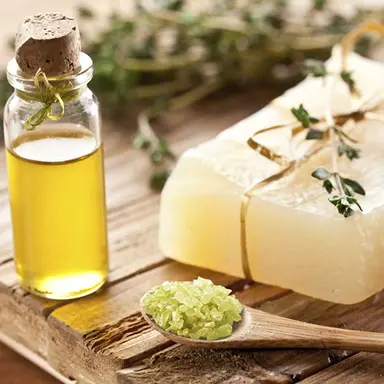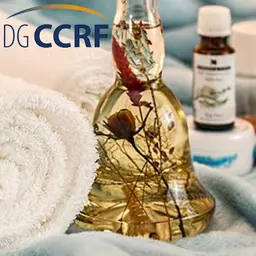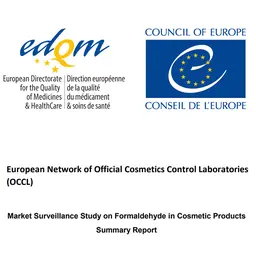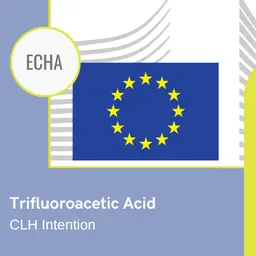
Although they have been used since ancient times for therapeutic as well as cosmetic purposes, the presence of essential oils in daily hygiene and beauty products is still a matter of debate. And perhaps now more than ever. The positions of each other regarding their possible toxicity, dangers, allergenic potential, and even their interest as active ingredients, can thus go from one extreme to the other.
We know the general recommendations and precautions to observe when handling essential oils, especially in the context of therapeutic use where they are frequently used pure: check before applying them to the skin that they are not likely to irritate it, clean your hands thoroughly after each use in order to avoid accidental contact with the eyes or mucous membranes (not directly with water since they are not soluble in water, but with vegetable oil, and in large quantities to “migrate” the essential oil into the vegetable oil, before washing with soap and rinsing), make sure that they are not contraindicated (especially for pregnant women or babies) or that they do not risk thwarting the action of a drug treatment…
But what about cosmetic products containing essential oils? Are these recommendations applicable to them in the same way? Let us be clear: the debate is sensitive, and according to experts, opinions diverge, sometimes from one extreme (those who advocate drastic limitation or even prohibition of essential oils in cosmetics) to the other (those who claim that the risks are so low that they should be neglected), via other voices, more temperate… and often also more argumentative.
A brief review of …













